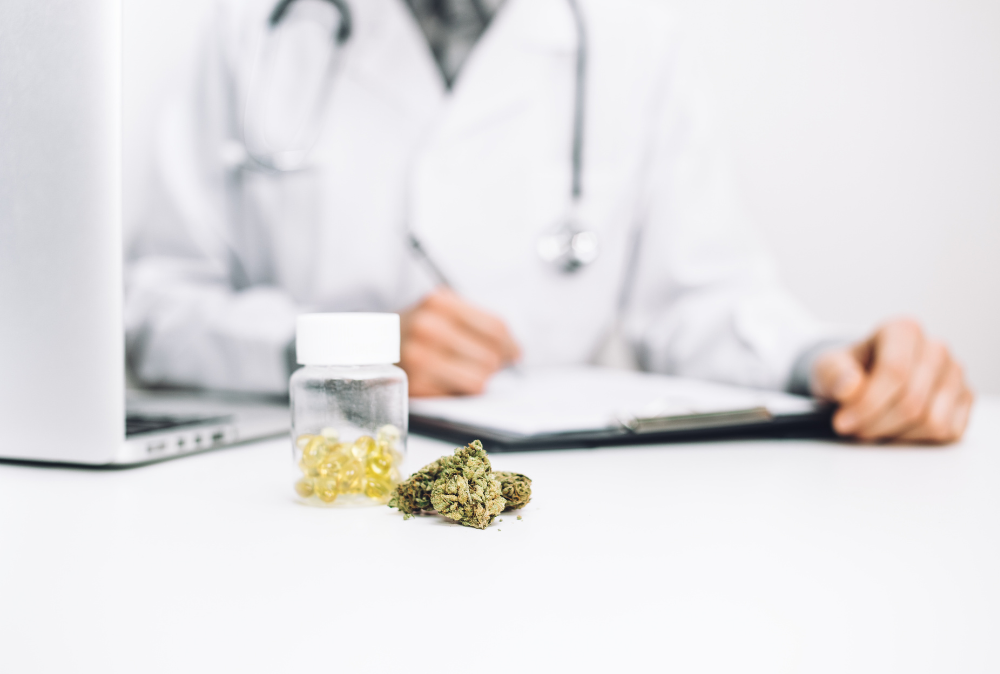
Attention Deficit Hyperactivity Disorder (ADHD) affects millions of people worldwide, making it difficult to focus, control impulses, and stay organized. While traditional treatments like prescription medication and behavioral therapy are widely used today, some turn to cannabis as an alternative. But does marijuana actually help with ADHD symptoms, or does it do more harm than good? Let’s dive into the latest research and personal experiences surrounding marijuana and ADHD.
People with ADHD often have lower dopamine levels, which can contribute to difficulties with attention, motivation, and impulse control. Some research suggests that cannabis, particularly its active compounds (called cannabinoids) THC and CBD, may interact with the endocannabinoid system in a way that regulates dopamine levels. Some individuals have reported feeling calmer, more focused, and less anxious when using cannabis.
People with ADHD may use marijuana to combat restlessness and hyperactivity. While anecdotal evidence is strong, scientific research is still inconclusive. (The federal classification of cannabis makes research very hard to come by.) Some studies suggest potential benefits while others warn of possible unintentional cognitive impairments.
The scientific community continues to debate the effects of marijuana on ADHD. While some studies indicate that cannabis use can help with hyperactivity and impulse control, others highlight potential unwanted side effects like memory impairment and decreased motivation.
One 2023 study notes that while marijuana may provide short-term relief and a temporary dopamine hit, long-term use could lead to dependency or worsen inattention, hyperactivity, and impulsivity. The study states that for us to understand how cannabis might affect ADHD treatment, we need to investigate the endocannabinoid system further.
ADHD, like all mental health disorders, presents differently in everyone. While some individuals swear by marijuana for ADHD symptom management, there are several potential risks to consider.
Ultimately, the decision to use marijuana is a personal one to be made with careful consideration, ideally under the watchful eye of a medical provider. When it comes to ADHD, some individuals find relief, while others experience unwanted side effects. If you’re considering using cannabis to treat your ADHD, chat with a medical provider beforehand. You’ll want to completely understand the risks and benefits, as well as have someone to help you monitor interactions.
As research increases and access expands, we’ll gain a clearer understanding of how marijuana use affects ADHD. Until then, stay informed and cautious.